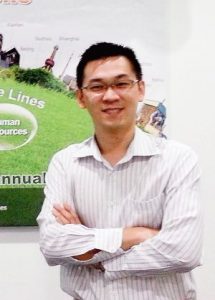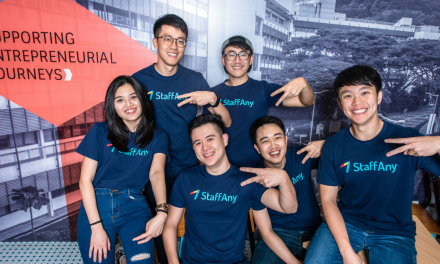KUALA LUMPUR: Many fresh graduates try to impress upon their prospective employers with glowing resumes about themselves, but a human resource expert says their chances would be better if they are honest.
Clayton Tan (pic below), the human resource director for Southeast Asia at Vinda Malaysia, said employers and employees often have to deal with a mismatch of talent, especially when companies hired staff based on the contents of the resume and the interview. “But the resumes today are written by career centres and vetted through by several people. Applicants are also trained what to say during interviews,” he revealed. Tan said this at the “Employers Forum: Insights on talent requisitions in current hiring market”, organised by UCSI University here.

Tan said sometimes candidates would say their hobbies were reading, writing and playing badminton. “When we ask them what was the last book they had read, they are unable to answer because they don’t really read,” he said. The portraying of “one’s best” during interviews would usually backfire as the candidate might not be as curious in the job as he showed during the interview or she might not be as competent as she showed herself to be at the interview, Tan added. “They are unable to sustain their stated ‘character’ at work. It stresses both sides,” he said. His advice is for graduates to be honest about their interests and talents so that the hiring company is able to place them in the appropriate job areas. He said to hire the right candidates, his company would hire interns to work on projects lasting three-months to a year to gauge if they were suitable for the job
Dang Cheong Lee (pic below), operations lead at Averis Sdn Bhd, said his company dealt with plantations and they found that most young graduates did not want to go to remote areas to work. Dang said successful candidates would usually reject the offer – even though the training was to be provided in Indonesia, China, Brazil or Canada – as they did not want to be sent to remote areas. On soft skills, Dang said local graduates were still unable to articulate well in public. “They can put up slides but are unable to present well,” he added.

Meanwhile, Andrew Peters (pic below), human resource executive at Dutch Lady Malaysia, said his company would ask new staff to be involved in role-playing. For instance, staff would be asked to arrange company products in shopping malls or promote products at hospitals. “It is our way of coaching them.” Peters also said most of the graduates would ask for a starting salary of between RM4,000 and RM5,000, but that the company preferred staff to “grow gradually” through the training provided.








